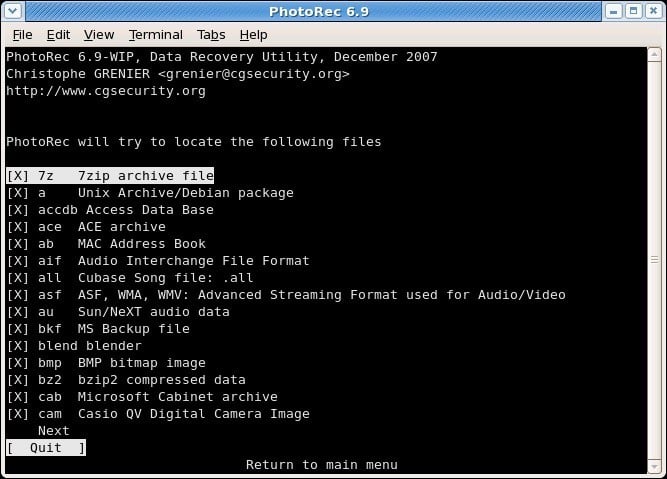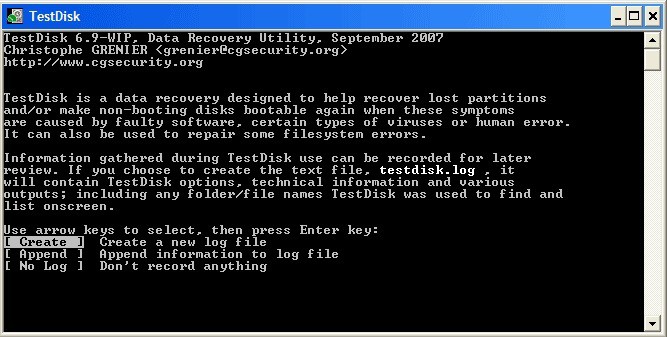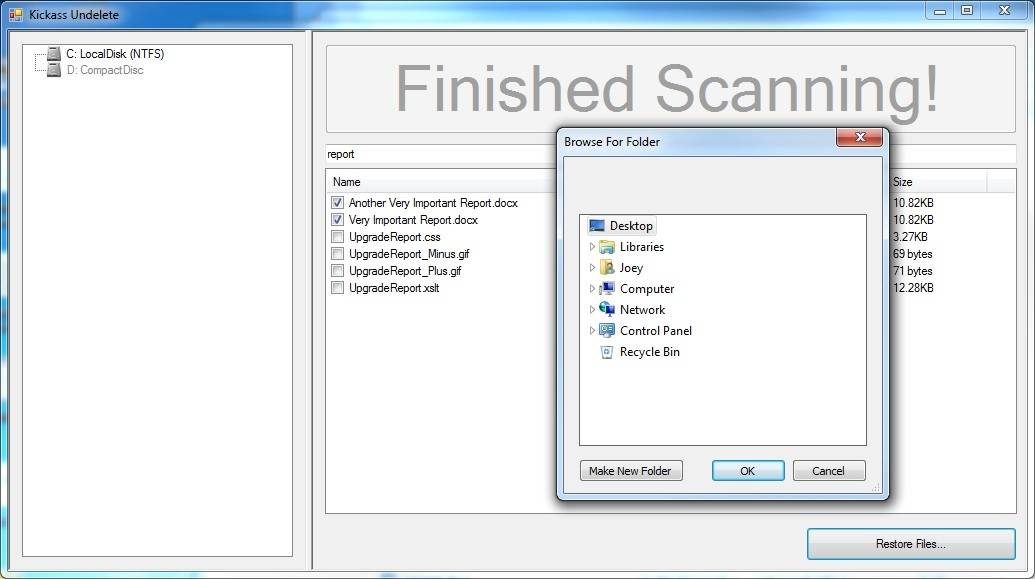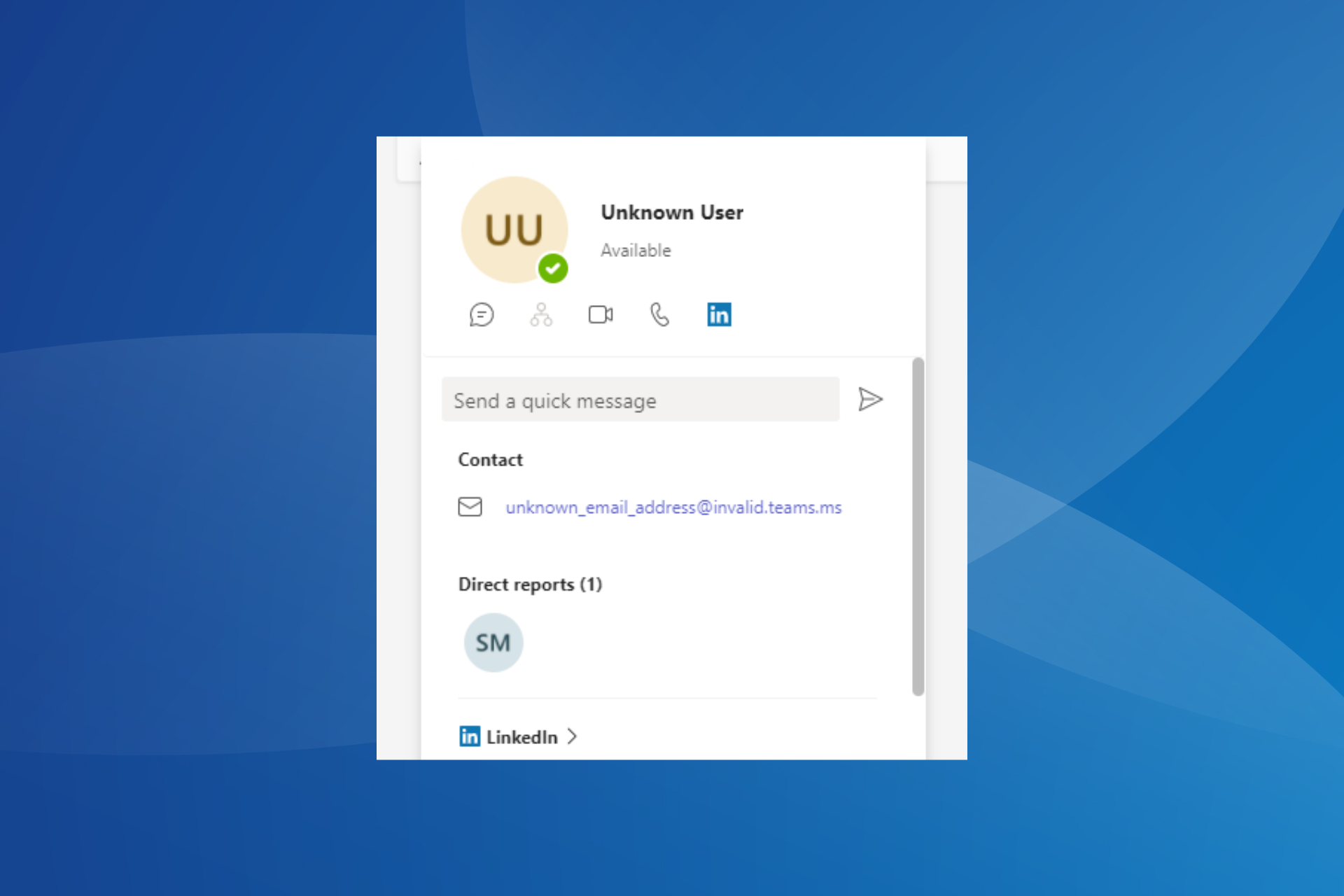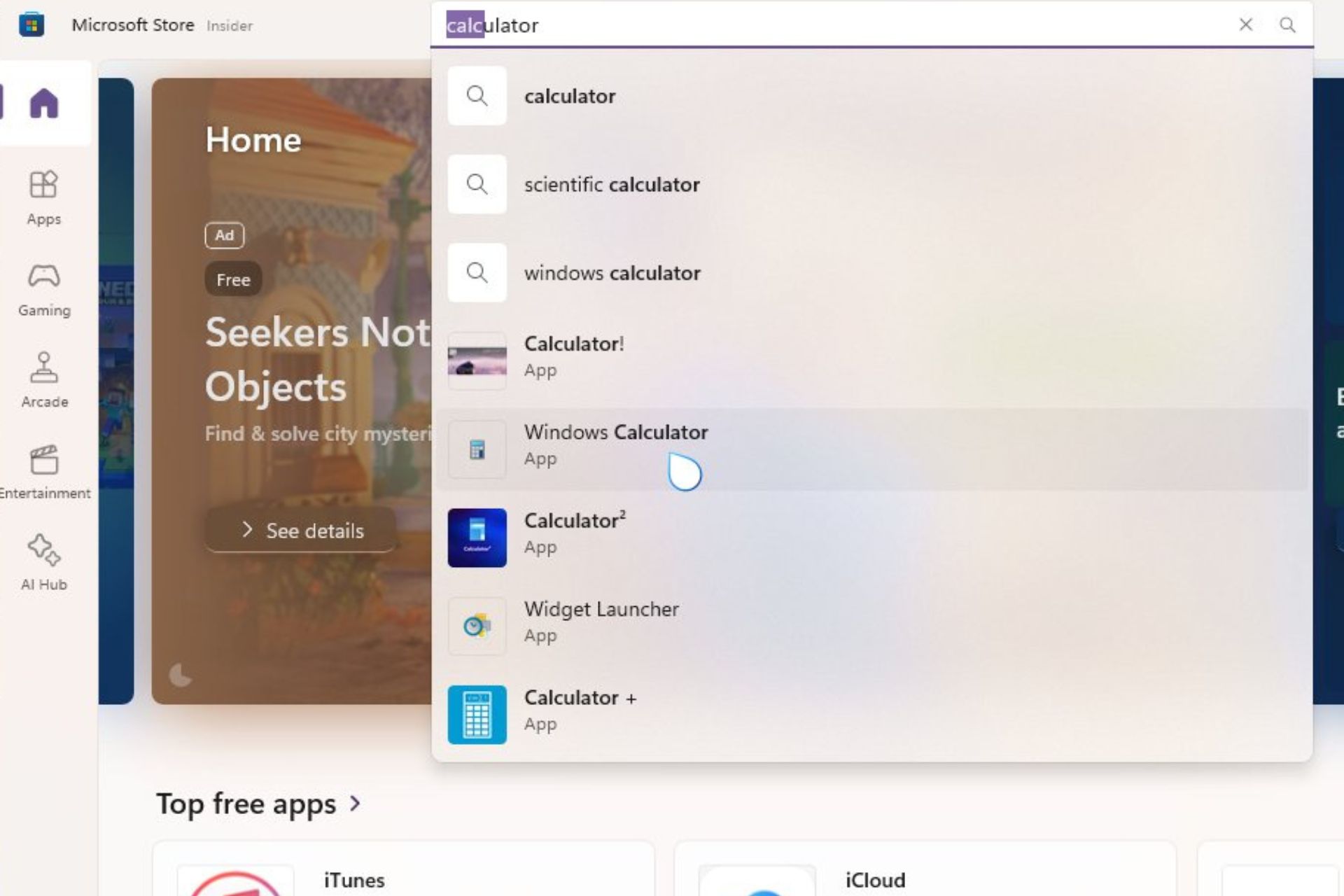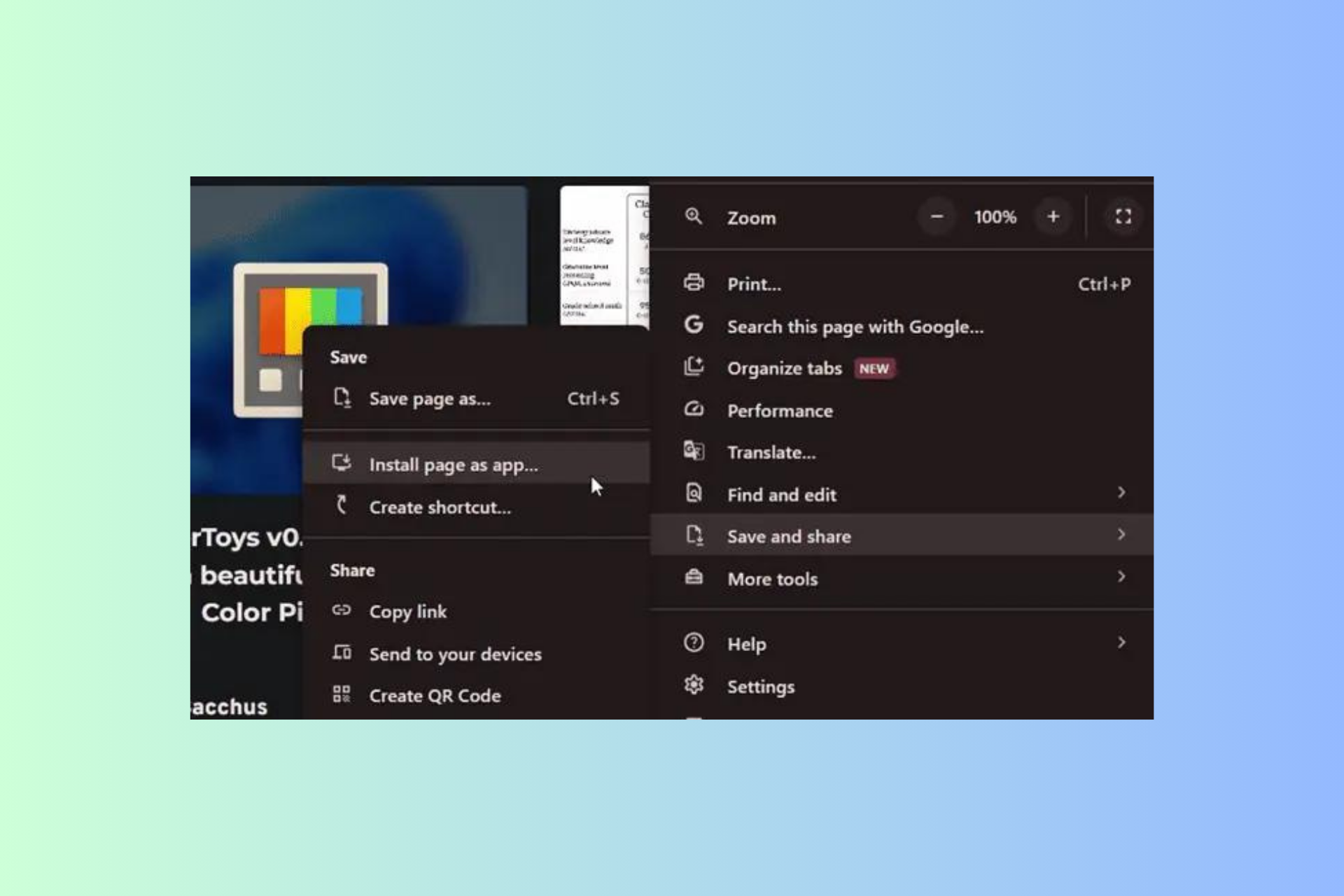4 useful open-source file recovery software packages for Windows 10
3 min. read
Updated on
Read our disclosure page to find out how can you help Windows Report sustain the editorial team Read more

As deleted files go to the Recycle Bin first, you probably won’t often accidentally erase files. However, some might configure deleted files to bypass the Recycle Bin. Then accidental erasure of files becomes more likely. Alternatively, you might delete some documents but later find you still need them after all! At any rate, there are plenty of file recovery software packages with which you can restore deleted files.
There’s a good range of freeware file recovery software for Windows. But if you’re limiting yourself to open-source packages, there aren’t so many to choose from. Nevertheless, these are four open-source data recovery tools you can add to Windows 10.
PhotoRec
PhotoRec is highly rated data recovery software for Windows and other platforms. The first thing to note about this program is that it doesn’t have a GUI. As such, it’s a command line tool that you can recover document, video, archive and photo files with. In fact, it can recover more than 440 file types. The best thing about PhotoRec is that it ignores drive file systems and only targets more specific underlying files, which gives it a high recovery rate. This software also works with a variety of media types such as camera storage cards, USB drives, CD-ROMs and DD raw image.
TestDisk
TestDisk is a separate data recovery tool bundled with PhotoRec. Consequently, you can save both software packages to Windows by clicking the green button on this page. Like PhotoRec, it’s also a command line tool that doesn’t have a GUI. The main difference between the programs is that TestDisk is specifically designed to recover and fix deleted partitions. It can find lost partitions for a multitude of file systems, rebuild the NTFS boot sector, fix MFT and copy files from deleted partitions. As such, this is certainly one of the best data recovery utilities for any platform.
FreeRecover
If you’re looking for an open-source file recovery tool with a GUI, FreeRecover is one to note. FreeRecover is a portable data recovery utility for Windows. So you can also use the software from your flash drive. This utility enables users to recover deleted files from NTFS drives. Users can select Get File Paths and Check File Integrity check boxes so that the search result window shows you the original file paths and tells you if the lost files are recoverable. In addition, it can also provide previews for deleted files. Click the Download button on this SourceForge page to save the software’s installer.
Kickass Undelete
Kickass Undelete is a lightweight program compatible with all Windows platforms. With this software you can restore files from both FAT32 and NTFS file systems. The program has a comprehensive UI that enables users to scan their hard disks for deleted files. It provides reasonably fast scans even for larger hard disks. Then users can select files to recover. Overall, this is a straightforward and efficient file recovery tool; and you can save its installer from the Kickass Undelete website.
So those are four decent open-source software packages for Windows that you can restore deleted files with. As they’re open-source software, developers can even contribute their own code for them. Aside from open-source utilities, Recuva, Pandora, Undelete Plus and Puran File Recovery are some of the best freeware data recovery programs.

